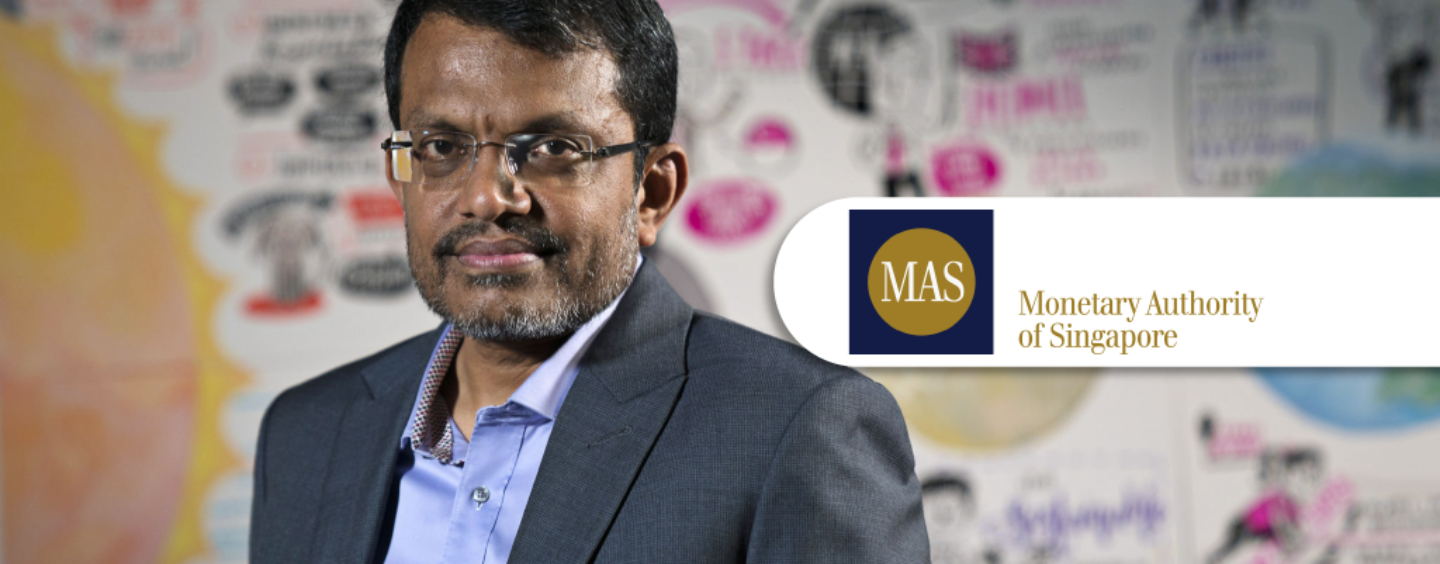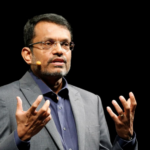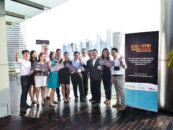
MAS: Over 9000 Job Opportunities to Be Created in the Financial Sector This Year
by Fintech News Singapore May 20, 2022The Monetary Authority of Singapore (MAS) estimates that there will be more than 9,400 new hiring opportunities for permanent roles in the financial sector in 2022 as the country is now home to over 50 global and regional innovation labs and more than 1,400 fintech firms.
Of these, more than 3,000 jobs will be in technology as financial institutions in Singapore are making significant investments in that area.
Major banks and insurers are accelerating their digital transformation and ramping up hiring in application development, data science, and artificial intelligence.
OCBC had recently announced that it plans to hire 1,500 technology staff over the next 3 years, with the majority of those positions to be based in Singapore.
Additionally, the Bank of America has based one of its two overseas global cyber security centers in Singapore and it currently has more than 800 headcounts in Singapore focusing on technology.
There will also be interesting new roles in sustainable finance ranging from execution of ESG transactions to advisory services and product development.
Many of these jobs will draw on traditional finance expertise such as product structuring, risk management, reporting and pricing, but layered and infused with new knowledge on sustainability.

Ravi Menon
“MAS has been working closely with financial institutions, institutes of higher learning, and other government agencies to expand our local talent pipeline and build a strong Singaporean Core. Let me clarify that a Singaporean Core strategy is not a “Singaporeans only” strategy.
A “Singaporeans only” approach will be fatal for Singapore as a global financial center as there are simply not enough locals to meet the fast-expanding specialist needs of financial institutions. Rather, promoting a strong Singaporean Core is about building good skills and capabilities in our local workforce and ensuring fair hiring opportunities.”
said Ravi Menon, Managing Director of MAS.
In line with this, MAS will first grow a strong local talent pool while attracting high quality global talent.
Ravi added that the three areas of local talent that MAS is stepping up efforts include polytechnic graduates; mid-career professionals from other sectors; and overseas Singaporeans working in finance and in technology.
Meanwhile, the recent changes in employment pass policies will not hinder firms from continuing to have access to the talents that they need for their growth in Singapore as there are no quotas on Employment Pass holders.
He said that the purpose of the new Employment Pass Complementary Assessment or COMPASS framework is not to reduce the intake of employment pass holders.
Rather, it is to enable the entry of high-quality global talent in a more transparent and flexible way to complement the local workforce in Singapore.







